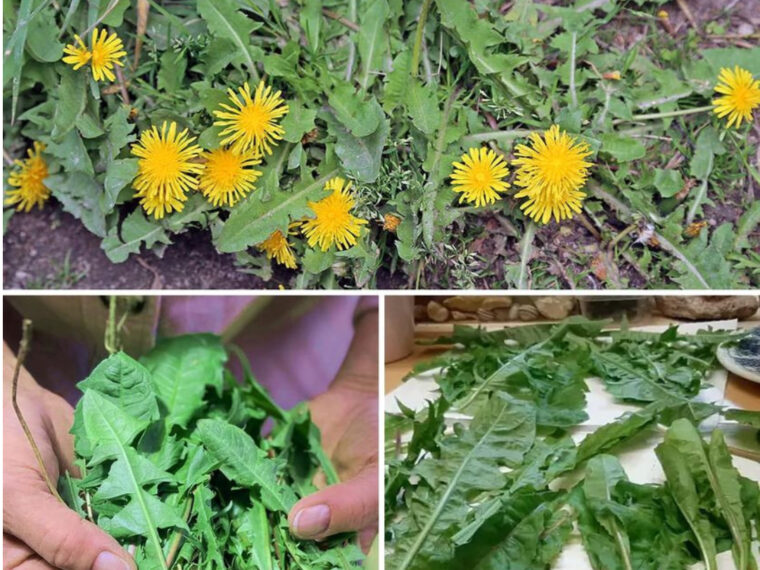Uses in Cuisine and Health
In the kitchen, dandelion can be a versatile ingredient. Its leaves, which have a slightly bitter taste, are a nutritious addition to salads, soups, and other dishes. The plant’s flowers can also be used to make dandelion tea, which is known for its health benefits. This herbal infusion is a traditional remedy for various ailments, including digestive issues and coughs.
To prepare dandelion tea, simply collect a handful of dandelion leaves and allow them to dry. Place the dried leaves into a cup of boiling water and let them steep for at least 20 minutes. Strain the tea and sweeten it with honey if desired. Drinking this infusion can help cleanse the digestive tract, purify the blood, and soothe a sore throat.
A Supplement for Specific Needs
Dandelion is particularly beneficial for women going through menopause or those who are pregnant. It is rich in beta-carotene, an antioxidant that supports overall health and well-being. The plant also provides a good source of essential minerals such as potassium, calcium, and iron, which are crucial during pregnancy and menopause.
Furthermore, dandelion aids in regulating metabolism and detoxifying the stomach and blood. Its ability to promote healthy digestion and support liver function makes it a valuable natural remedy for maintaining overall health.
Conclusion
The dandelion, often dismissed as a common weed, is a remarkable plant with extensive therapeutic properties. Its rich nutrient content and medicinal benefits make it an excellent addition to both your diet and your health regimen. By incorporating dandelion into your daily routine, whether through culinary use or herbal teas, you can harness its potential to support a healthier and more balanced life. Embrace this humble plant and discover the many ways it can enrich your well-being.




